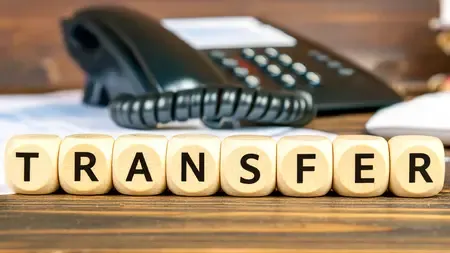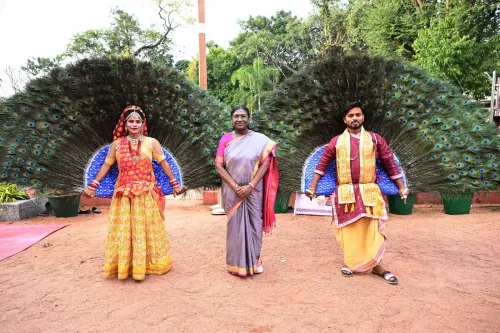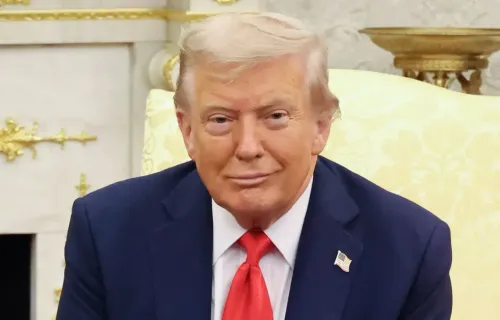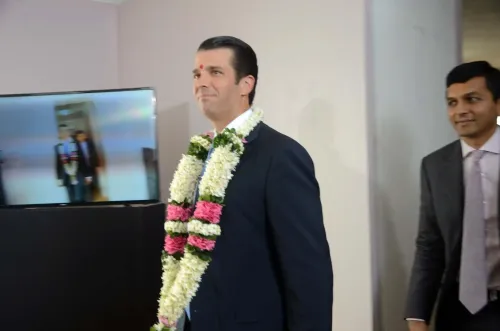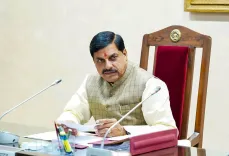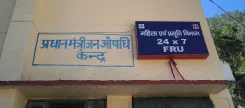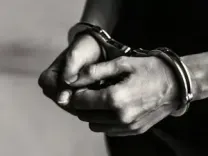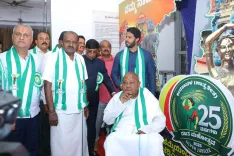Did Former South Korean President Yoon Suk Yeol Defy Further Questioning by Special Counsel?
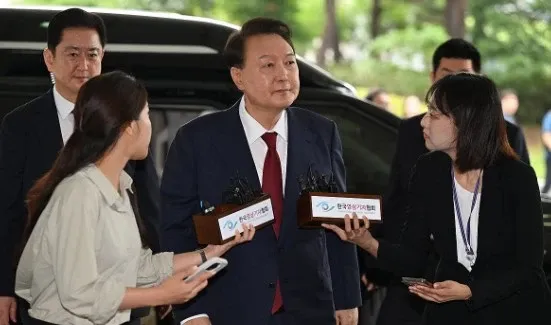
Synopsis
Key Takeaways
- Yoon Suk Yeol faces insurrection charges tied to his martial law declaration.
- Refused further questioning, claiming the illegitimacy of the police investigator.
- The special counsel team emphasizes the need for consistency in the investigation.
- Further delays are possible if legal objections persist.
- Yoon is the first sitting South Korean president to have been arrested.
Seoul, June 28 (NationPress) Former South Korean President Yoon Suk Yeol arrived for questioning on Saturday regarding insurrection charges related to his December 3 declaration of martial law, but he declined to continue the interrogation, citing the illegitimacy of a police member from the special counsel team overseeing the questioning process.
Yoon's legal representatives contended that the police investigator involved was among those facing legal complaints linked to Yoon's 'unlawful' arrest previously, arguing that this made him unqualified to interrogate the former president.
Upon his arrival at the Seoul High Prosecutors Office in southern Seoul around 9:56 a.m., the special counsel team initiated their questioning regarding allegations that Yoon commanded the Presidential Security Service (PSS) to physically obstruct his arrest when the Corruption Investigation Office for High-ranking Officials (CIO) attempted to execute a warrant in January.
However, the special counsel reported that Yoon refused to participate in the afternoon session, objecting to the presence of a police official leading the inquiry, who had previously managed the insurrection investigation before the special counsel's involvement, instead of a prosecutor.
"The officer in charge has been overseeing this investigation from the beginning and possesses more comprehensive knowledge of the details than anyone else," the special counsel asserted, emphasizing the need for consistency in the investigation.
The special counsel had originally intended to conclude the questioning on charges of obstructing arrest by the afternoon and proceed to examine Yoon about a Cabinet meeting he convened shortly before the brief martial law implementation.
Further delays or even a suspension of the probe could occur if Yoon's legal team continues to challenge police participation.
This questioning follows two weeks after the special counsel investigation commenced and occurs just 85 days post his impeachment.
This marks the ousted president's initial appearance before an investigative body in approximately five months, after his arrest and questioning by the CIO in January.
In addition to the insurrection charges linked to the unsuccessful martial law attempt, Yoon is accused of directing the PSS to obstruct his arrest when the CIO sought to implement a warrant in January and instructing the PSS to erase records from secure devices used by military commanders shortly after the failed martial law effort.
Post the attempt at martial law, Yoon faced three summonses for questioning by the CIO in December but did not comply.
The CIO sought to detain him in early January but was unsuccessful due to a prolonged standoff with his security personnel. Yoon was ultimately detained on January 15 at the presidential residence in central Seoul, marking him as the first sitting South Korean president to be arrested, as reported by the Yonhap news agency.
Yoon's attorney contended that Yoon resisted the summonses because the detention warrant filed by the CIO lacked legal justification.
Following his arrival, Yoon's legal team released a statement vehemently criticizing the special counsel team, accusing it of orchestrating a "political show" concerning the summoning of the former president.
"(The special counsel team) should not unilaterally inform the suspect or publicly disclose the suspect's appearance in a manner that violates their rights," they stated.
This was the first time Yoon was interrogated within the prosecutors' office where he once served as a prosecutor and where he led a special counsel team investigating former President Park Geun-hye's influence-peddling scandal.

